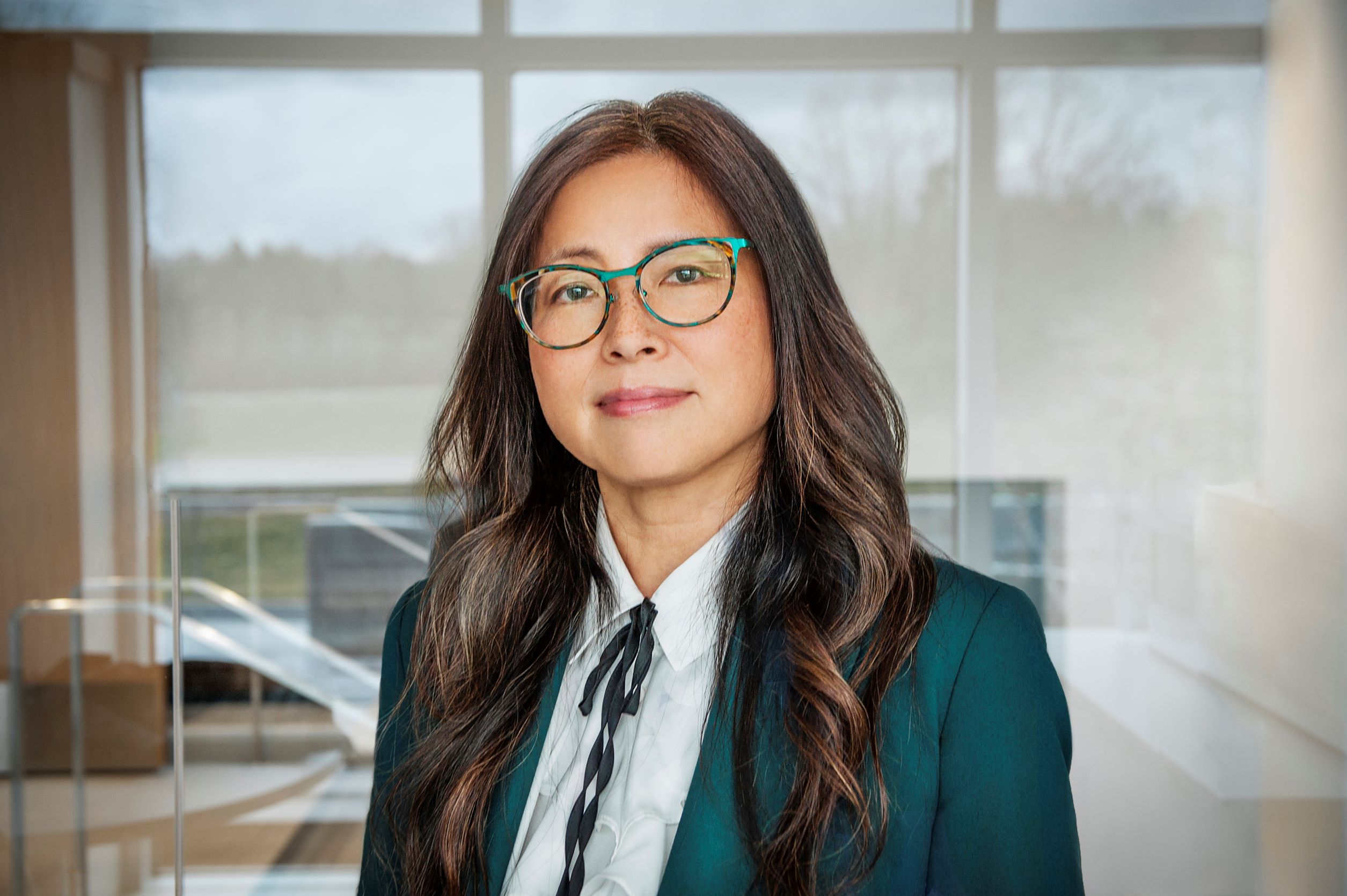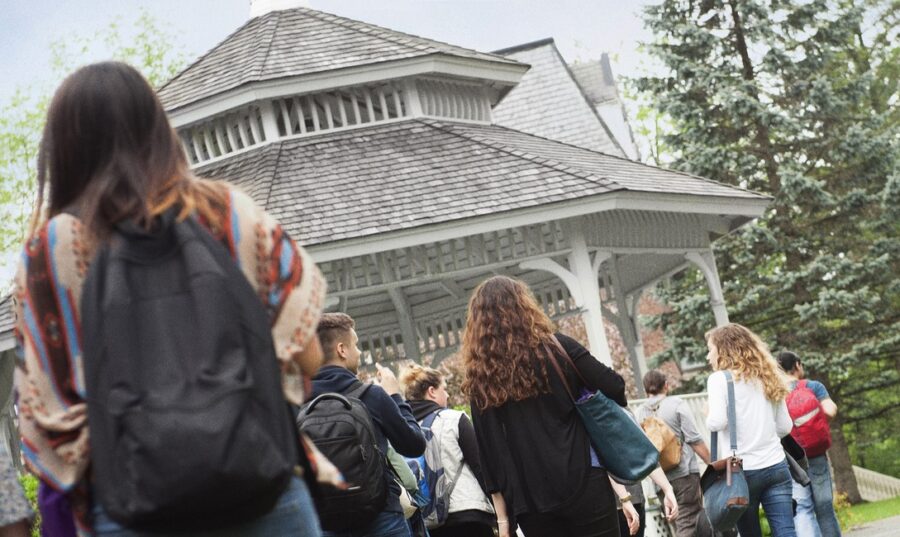Dr. Sunny Man Chu Lau is a professor in Bishop’s School of Education. She was appointed Canada Research Chair in Integrated Plurilingual Teaching and Learning in July 2021.
As a Canada Research Chair, Dr. Lau is working on developing new methods for the teaching and learning of additional languages based on plurilingualism. She works mostly with immigrants learning their second –sometimes third, or even fourth– language. She also collaborates with English and French teachers to explore how new techniques could improve language pedagogy and curriculum throughout the province.
Dr. Lau found traditional teaching methods that heavily focus on decontextualized grammar lessons and drills disengaging and believes they can make students less motivated to learn. Further, deep-seated monolingual bias has also led teachers to believe that adhering to the target language only in the classroom is the best way to learn a language. Deviating from traditional techniques, Dr. Lau uses “cross-language connections,” approaching second languages as an extension of ones previously learned to build bridges between them. “In traditional classrooms, teachers often still compartmentalize languages, which, however, puts students’ wealth of plurilingual resources to waste, and at the same time, does not help them engage in something more complex,” she explains.
Her process involves engaging her students in discussing their own cultural and personal expressions, as well as using language arts (such as poetry, picture books, art, drama, etc.) to channel personal interests. She points specifically to a book sitting proudly on her bookshelf, which was written and brought to life by a group of her students. The goal is, simply put, to form connections between languages, as well as people, cultures, and the individual passions of each student so that they can find a purpose in their personal learning process.
“When we learn a language, we also learn about the cultures, traditions and beliefs associated with it. Plurilingual education encourages the use of students’ plurilingual and pluricultural resources for teaching and learning in the classroom to develop openness, respect and intercultural competencies in all learners. It also promotes social integration.”
Dr. Sunny Lau
Her research is particularly relevant in our current world because of how fast global development, immigration and technology are advancing: “ethno-linguistic diversity is increasing in both physical and virtual spaces,” Dr. Lau explains, and, as remote studies and work now push some physical restrictions, language barriers can still limit access to opportunities.
Dr. Lau adds how “grateful” she is for the support she gets from both Bishop’s and the government. To her, it is deeply fulfilling to research what she is passionate about in an educational environment.




